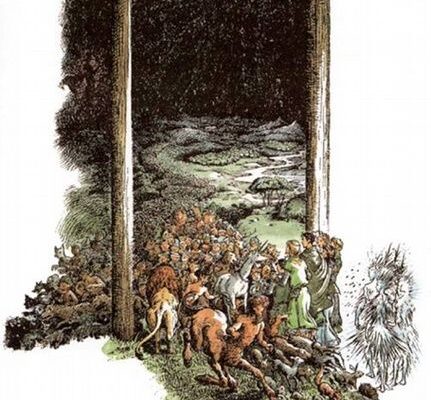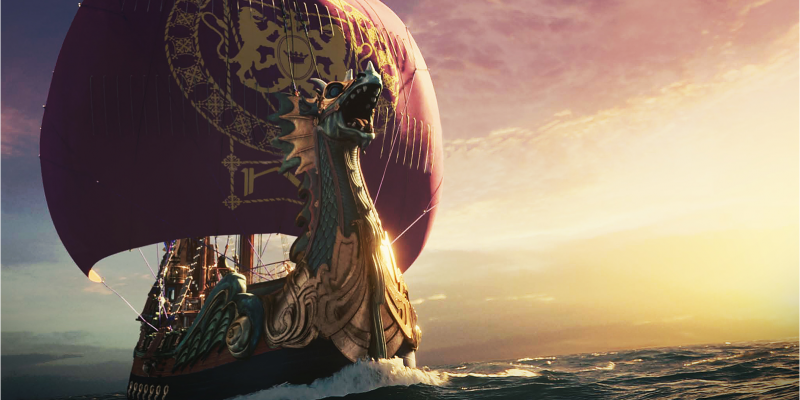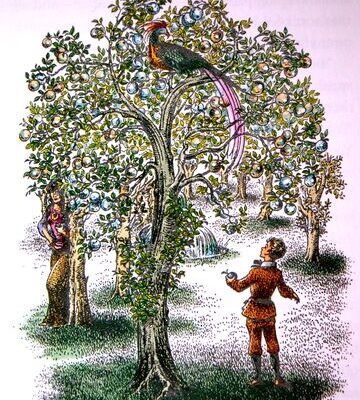Read or Listen
Seventy years ago, C. S. Lewis invited readers to explore the fantasy land of Narnia in a book series called The Chronicles of Narnia. The adventure began with a classic story of great good, in the form of love and sacrifice, overcoming a malicious evil in The Lion, Witch, and the Wardrobe. The overarching narrative of good versus evil was richly identifiable, especially in the wake of the defeat of the Nazis in World War II. However, the second book, Prince Caspian, deals with a more complex ethical matter of reemergence from hostile colonialism. Lewis calls his characters to colonial resistance in this book to fight to retain their ancient religious and ethnic inheritance.
This story follows a young boy groomed to take over as King when his uncle passes away. The boy’s tutor, who is considered a petite man to the ruling people, called the Talmarines, is actually half-dwarf from the old days of Narnia. He subversively teaches the young Prince Caspian about the wonder and virtue of old Narnia so that he will one day be a ruler sympathetic to those who have been driven from their homeland. However, before the boy is grown, his uncle succeeds in producing an heir, and Caspian’s life is endangered. The rest of the story follows Caspian and his tutor as they escape and raise help from the kings and queens of old (whom we have already met in the first book, The Lion, the Witch, and the Wardrobe).
The theme of displacement and colonial resistance is interesting in this story. The Telmarine people apparently came through a portal on an island revealed and visited in a later Narnia story. Finding the enchanted world of Narnia very different from their homeland, they immediately set to work destroying things they did not understand, like talking animals and mythical creatures, like dryads. While this story is not told explicitly, its aftereffects are made completely known in the Novel Prince Caspian. This children’s style story has a message of resistance itself. That is, be wary of authority figures who seek to destroy what they do not like or understand. And that very mentality that led to Caspian’s right to the throne also led to his need to flee for his life.
In the end, all is set right. Caspian’s uncle is defeated in a duel, and his followers are granted leave to follow him to another, far away land. Prince Caspian is made king, and because of his tutor’s insistence on a subversive and resistant education, Caspian is a fair and just ruler who restores peace in the land of Narnia.
Read other blogs about The Chronicles of Narnia, or explore my comments on other fictional literature.

Dr. Erica Mongé-Greer, holding a PhD in Divinity from the University of Aberdeen, is a distinguished researcher and educator specializing in Biblical Ethics, Mythopoeia, and Resistance Theory. Her work focuses on justice in ancient religious texts, notably reinterpreting Psalm 82’s ethics in the Hebrew Bible, with her findings currently under peer review.
In addition to her academic research, Dr. Mongé-Greer is an experienced University instructor, having taught various biblical studies courses. Her teaching philosophy integrates theoretical discussions with practical insights, promoting an inclusive and dynamic learning environment.
Her ongoing projects include a book on religious themes in the series Battlestar Galactica and further research in biblical ethics, showcasing her dedication to interdisciplinary studies that blend religion with contemporary issues.




